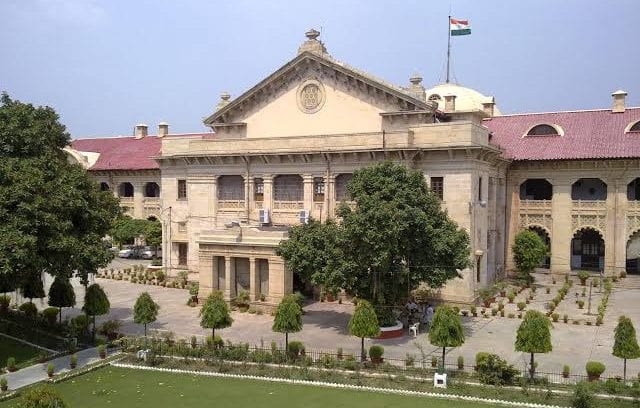
Allahabad HC rejects 2 women's plea to recognise their same-sex marriage

A plea by two women to recognise their marriage, on the argument that such union was not “opposed” by the Hindu Marriage Act, has been rejected by the Allahabad High Court.
Opposing their plea, the Uttar Pradesh government’s counsel opined that same-sex marriage was against Indian culture and Indic religions, and was invalid under Indian laws.
A habeas corpus plea was filed by Anju Devi seeking the custody of her 23-year-old daughter who, she alleged, was illegally detained by a 22-year-old woman.
On April 6, the court directed the state government counsel to ensure the presence of both the women during the hearing the next day.
The two women presented themselves in the court of Justice Shekhar Kumar Yadav on April 7. They told the court that they got “married” to each other and pleaded that the union be recognised.
The women contended that the Hindu Marriage Act talks about the marriage of two people and homosexual marriage has not been opposed by the legislation.
However, the state government counsel said, “In Hindu culture, marriage is one of the sanskars and can be performed between a man and a woman. Our country runs according to the Indian culture, religions, and Indian law. In India, marriage is considered a sacred sanskar, whereas in other countries, marriage is a contract,” the counsel said.
Also read: Dabur draws flak for Karva Chauth ad featuring same-sex couple
The court rejected the women’s request and also disposed of the mother’s habeas corpus plea.
The Union government has opposed same-sex marriage on the ground that marriage in India is not just a union of two individuals, but an institution between biological man and woman.
The court also said that judicial interference will cause “complete havoc with the delicate balance of personal laws”.
(With inputs from Agencies)


